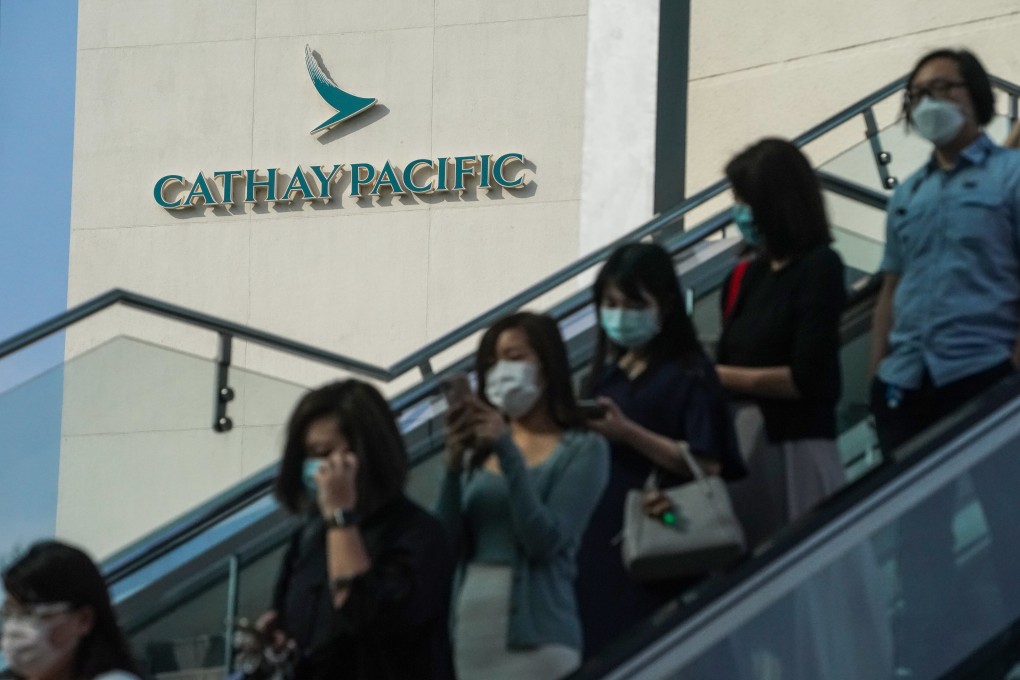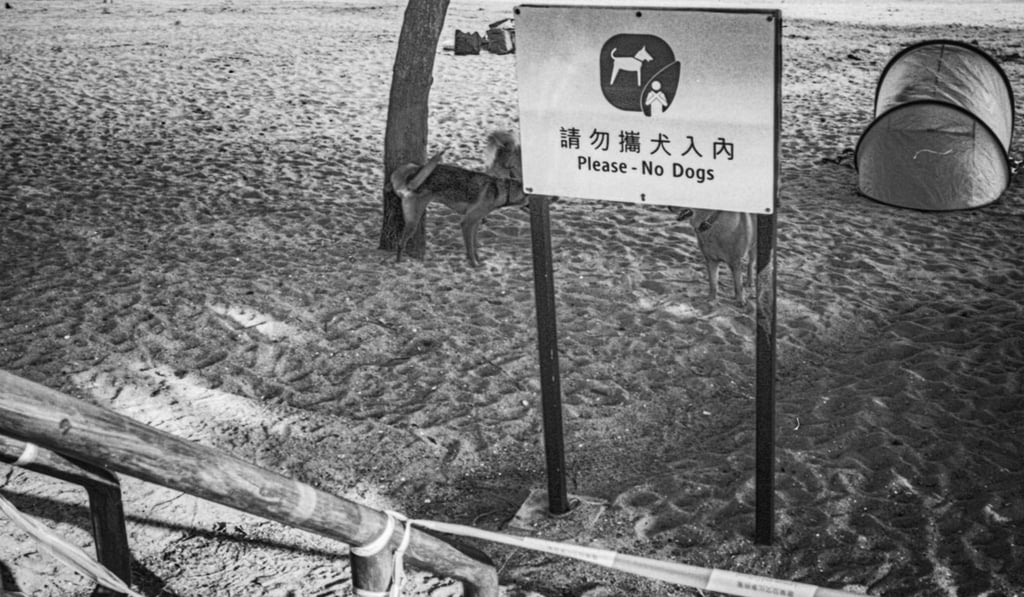Abacus | Coronavirus has left Hong Kong’s economy looking critically ill
- Daily local coronavirus infections are close to zero, but social distancing measures remain in force, holding back a much needed economic recovery
- The business pillars of Hong Kong’s identity are fast shedding assets and staff as revenues collapse. Before it is too late, the SAR needs to be set mask free

LET IT RIP
Although the main areas of Hong Kong are bustling during the week and public transit is back at “crush” capacity, we were unable to frolic on a public beach or have a BBQ in the perfect weather due to the continued closure of such facilities. According to the Centre for Health Protection’s latest broadcast message, the average daily number of locally transmitted cases of Covid-19 over the previous seven days was substantially less than one.

HARD OFFICIAL DATA
What conclusion to draw from the data that’s reported to us daily? With between zero to one new local infection per day, I can’t see a case for supporting continued draconian social-distancing rules. After the tightening-up of exemptions for visiting ships, effective airport tests, and 14-day quarantines for people entering the city, it appears nearly impossible to catch the virus now.
